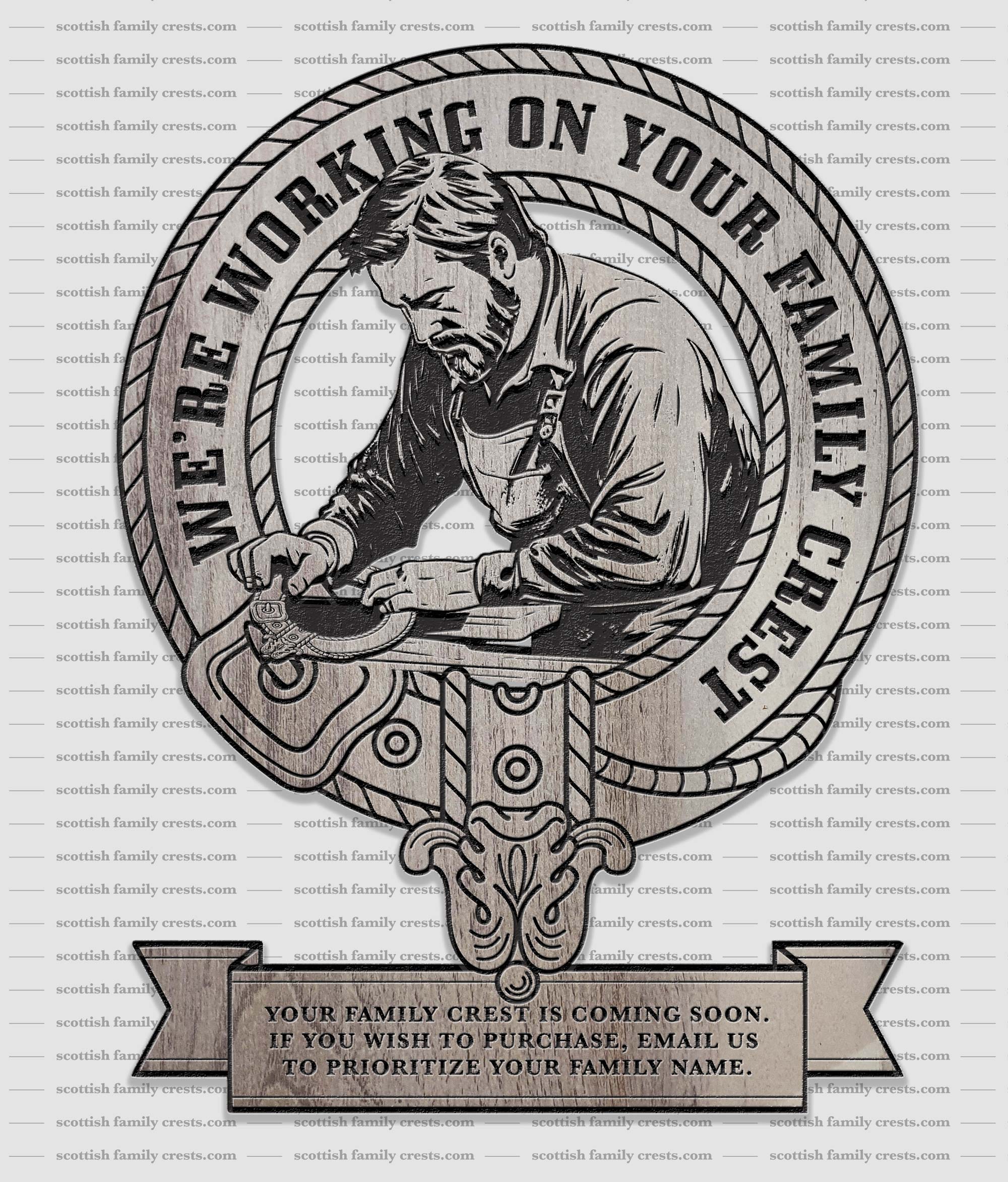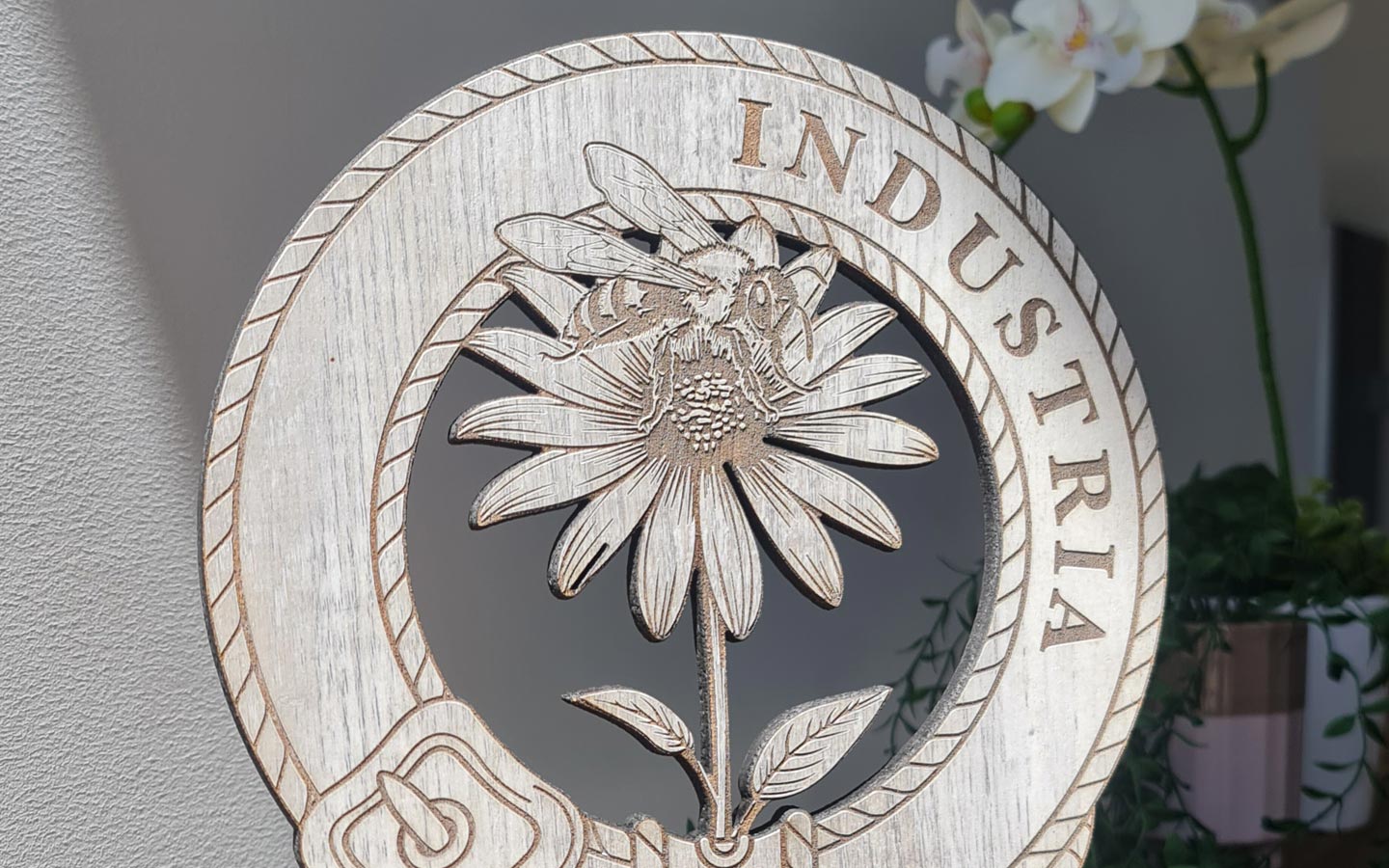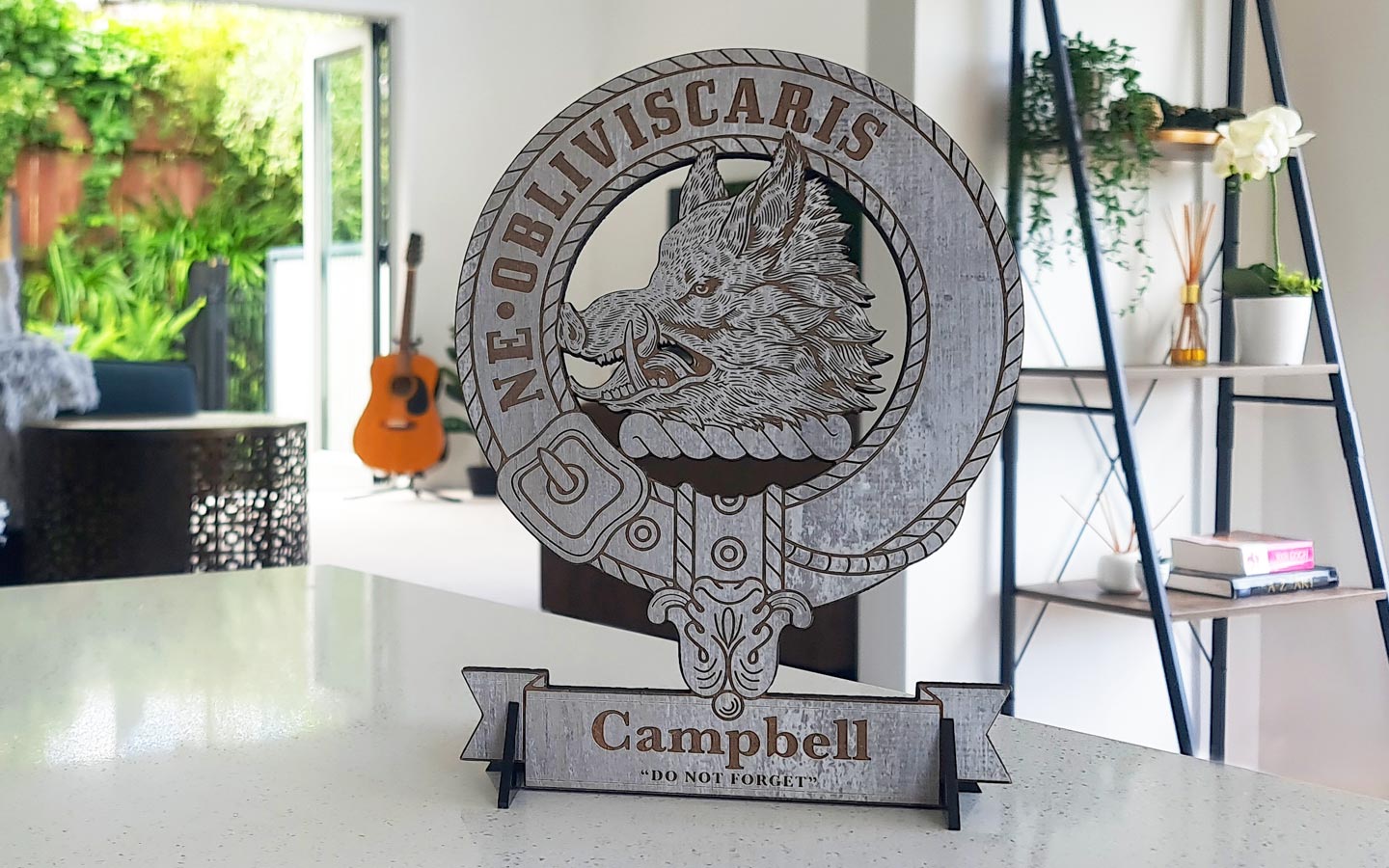The Carnegie Family History & Ancestry
Let me share with you the historical background of your family name, Carnegie, as it has been passed down through the generations. Your family’s story begins with John de Balinhard, to whom the lands of Carnegie in Fife were granted in 1358. John is considered the progenitor of the surname, and it is from him that most Carnegies around the world can trace their lineage. The name Carnegie has Gaelic origins and roughly translates to “fort at the pass.”
The early history of the de Balinhards is somewhat uncertain. There were at least four generations preceding John who bore the name, but little is known about them except that their lands of Balinharn, now known as Bonhard, were located near Arbroath in the parish of Arbirlot. There has been speculation about a possible connection between the de Balinhards and the Ramsays, but there is no solid evidence to support this claim.
Duthac de Carnegie acquired a portion of the lands of Kinnaird in Fife around 1401 and later received a charter from Robert, Duke of Albany, confirming his ownership. Tragically, Duthac lost his life at the Battle of Harlaw in 1411, leaving behind an infant son named Walter. Walter Carnegie of Kinnaird fought under the banner of James II at the Battle of Brechin in 1452. Another Carnegie met their demise in battle at Flodden Field in September 1513—John Carnegie of Kinnaird perished there. Sir Robert Carnegie expanded the Kinnaird estate and was appointed as one of the judges to the College of Justice in 1547.
The Carnegies were Jacobites, and while they did not directly oppose the Revolution of 1688, the fourth Earl distanced himself from the Royal Court afterwards. His son, Sir James, participated in the uprising of 1715 and was subsequently attainted by Parliament, leading to the loss of his estates to the crown. However, a later Sir James was able to overturn the attainder in 1855 and reclaim the titles of Earl of Southesk and Lord Carnegie of Kinnaird. The eleventh Earl, known as Lord Carnegie, achieved an exceptional marital union when he married Princess Maude, the younger daughter of the Princess Royal, and was bestowed with the title Duke of Fife. The current chief of your family, the Duke of Fife, pursued a career as a financier.
Undoubtedly, the most successful and renowned individual bearing the Carnegie name was Andrew Carnegie (1835-1919), the celebrated philanthropist. Born in Dunfermline in 1835, Andrew’s father relocated the family to the United States in 1848. Andrew went on to amass an immense fortune through steel manufacturing, making him one of the wealthiest individuals in history. His generosity encompassed a wide range of endeavors, from ambitious projects promoting world peace and international arbitration to his efforts in establishing local libraries. In fact, Carnegie played a significant role in the founding of fifty-six public libraries in Scotland alone.
Your family’s history is rich with notable figures and remarkable contributions, with Andrew Carnegie standing out as a shining example of philanthropy and success.
The Family Crest
Wherever in the world you live, embrace your family heritage and adorn your home with a timeless symbol of your family legacy with our crafted Family Crests.
Family Crest Motto: DRED GOD
$150.00 Original price was: $150.00.$99.00Current price is: $99.00.
Copyright Notice: This artwork is protected by copyright law. Unauthorized reproduction, distribution, or usage of this artwork without explicit permission from ScottishFamilyCrest.com is strictly prohibited.








